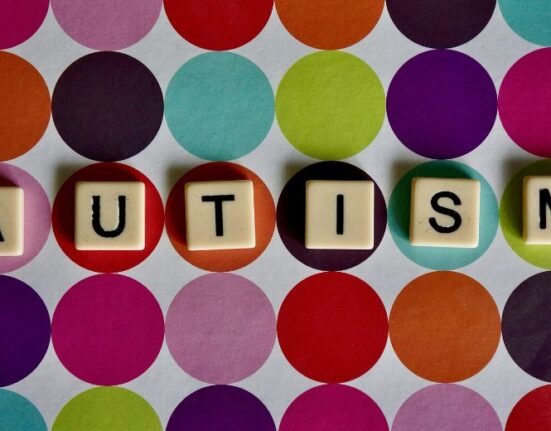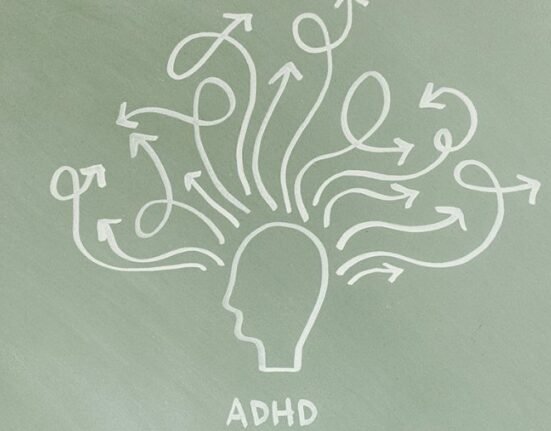By Aparna S
September 12, 2024: The phrase “It takes a village to raise a child” emphasizes the importance of children interacting with diverse individuals beyond their immediate family. This exposure helps them understand the complexities of the world, fostering their development into adaptable and well-rounded adults.
Historically, the family structure in India’s southern state of Kerala aligned with this idea, allowing children to grow up in large groups, which facilitated a healthy social development.
In a state where migration is prevalent, many children whose parents worked away from home spent their childhood with grandparents and extended family members. Joint families were common, and child-rearing was a collective responsibility shared by the entire household and community.
However, this traditional setup has changed significantly. With evolving societal norms, joint families have largely transitioned to nuclear or even smaller, fragmented family units.
Consequently, many children now primarily interact with their parents. This shift is particularly concerning in the context of migration, where many parents are unable to bring their children along, especially in the initial years. As a result, children are often left in the care of responsible adults, typically their grandparents.
More disadvantages
Contrary to popular belief, this arrangement tends to have more disadvantages than advantages. In the past, children raised without their parents were surrounded by numerous family members—cousins, uncles, aunts, and neighbours—of various ages, ensuring that someone was always available to care for them. This environment supported their social and emotional development despite parental absence.
Today, however, children are frequently left with one or both grandparents, who belong to an older generation with differing values, perspectives, and expectations. This generational gap can lead to conflicts and maladaptive behaviours in children. Child well-being is a multifaceted concept that includes not only physical growth and academic success but also emotional maturity and adaptability.
Proxy parenting can arise from various circumstances, such as child maltreatment, parental migration, mental illness, or the death of one or both parents. These situations often indicate that the child may have experienced a dysfunctional household before being cared for by proxy parents. Adverse childhood experiences can lead to negative mental health outcomes and academic challenges.
Research indicates that children raised in the absence of their parents often face behavioural and emotional difficulties, including depression, anxiety, attention defict hyperactivity disorder (ADHD), learning disabilities, poor academic performance, developmental delays, and aggression.
Additionally, the health of grandparents who take on caregiving roles is a significant concern.
Grandparents limited quality time
Many elderly individuals may not be physically or mentally equipped to assume full responsibility for a child, even if they desire to do so. Common health issues requiring ongoing medical attention can limit the quality time they spend with the child. Furthermore, mental health conditions such as dementia or mood disorders can introduce behavioural symptoms that affect their interactions with the child.
When parents eventually wish to reunite with their children after a period of proxy care, the child may have already formed strong attachments to their grandparents and adopted different values and expectations. This transition can be particularly challenging for young children, who may view their proxy caregivers as their true parents. The sudden change in environment can lead to behavioural issues, including anger outbursts, defiance, depression, and anxiety.
In summary, proxy parenting is not an ideal solution, contrary to common misconceptions. The healthy social, emotional, and adaptive development of children is paramount, and this is best achieved through the direct involvement of their parents.
(Dr Aparna S is a consultant psychiatrist and an Assistant Professor at the Believers Church Medical College Hospital, Tiruvalla, Kerala. Views expressed are her own and not of an organisation or company.)








